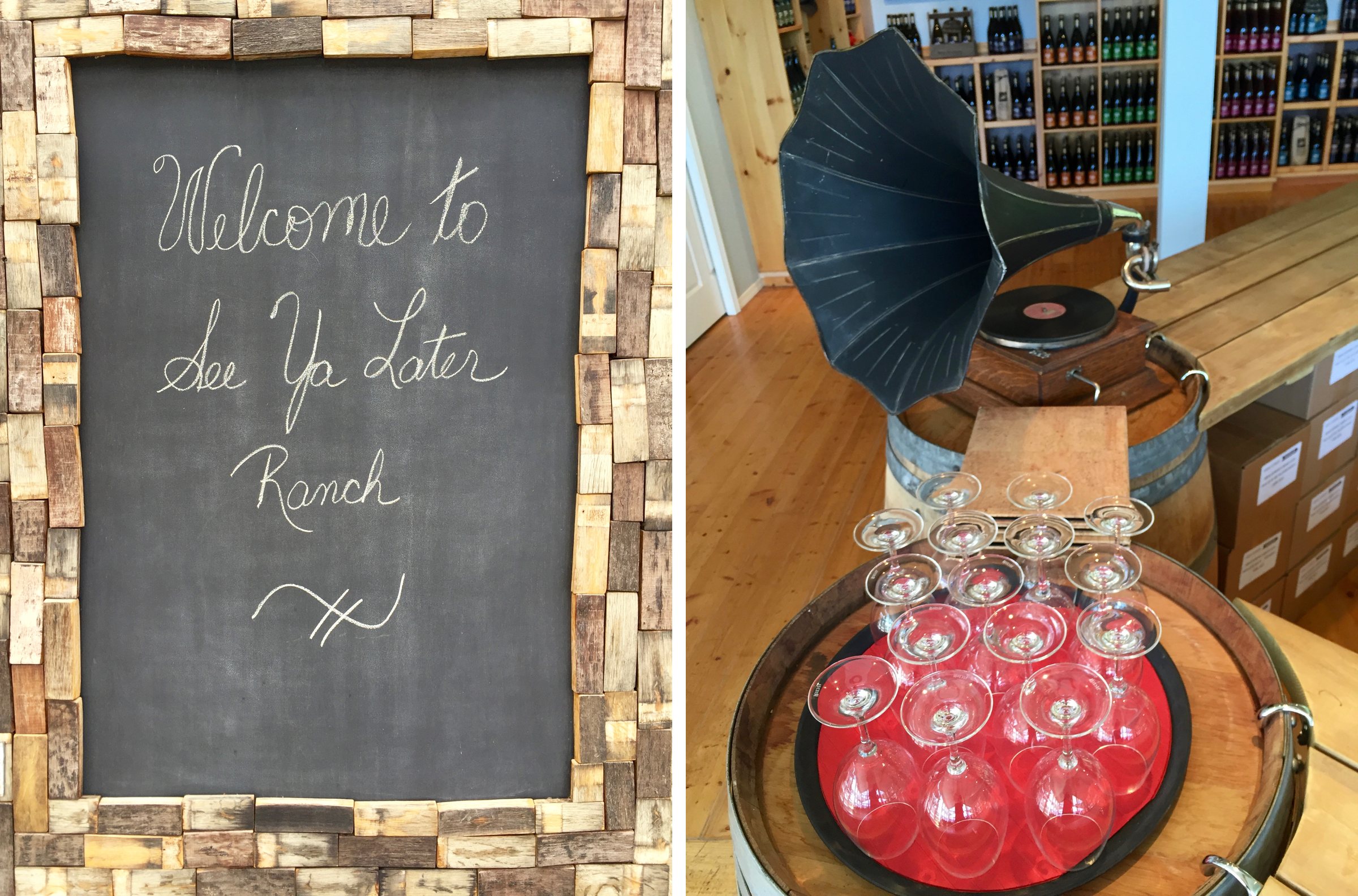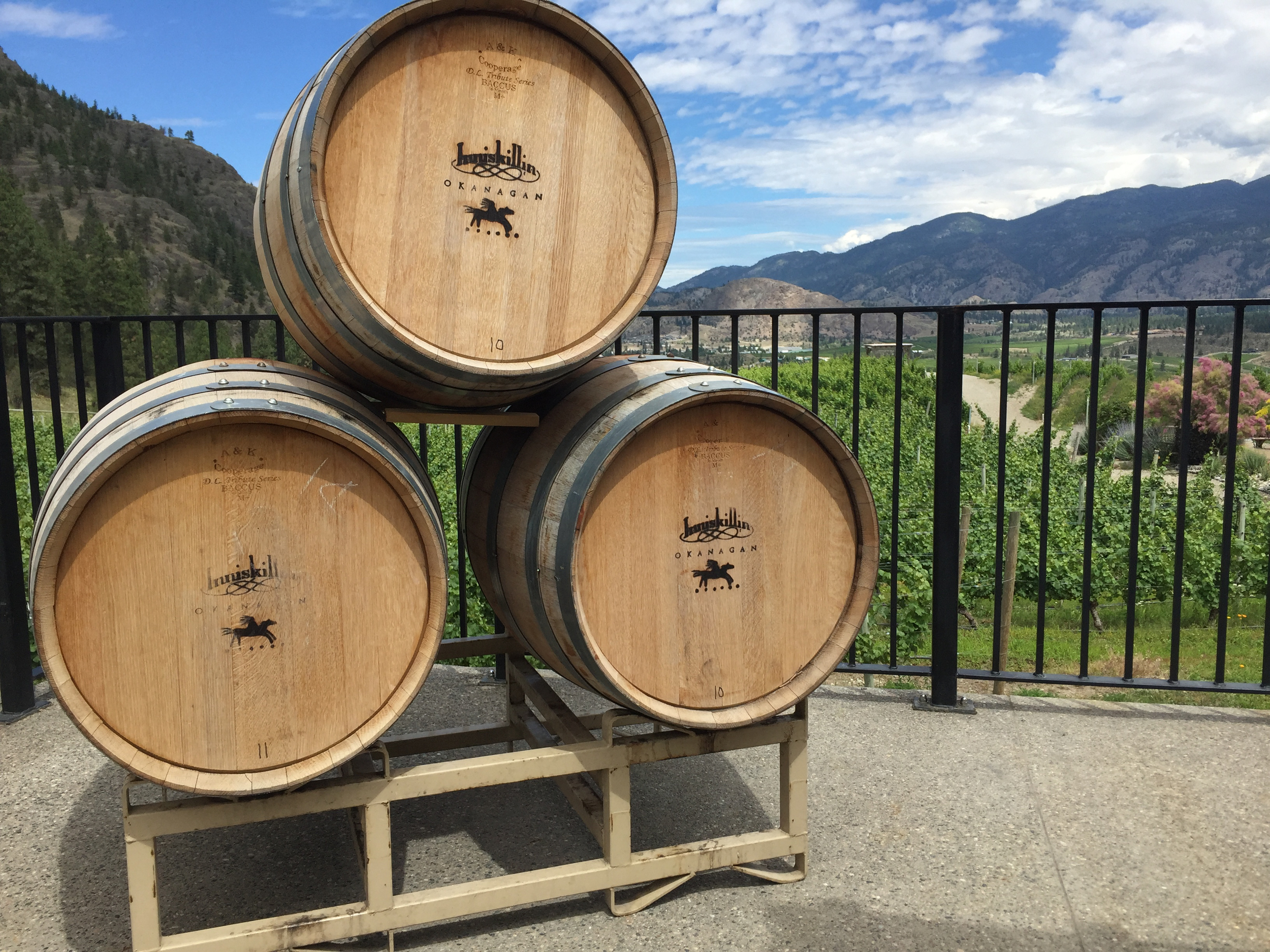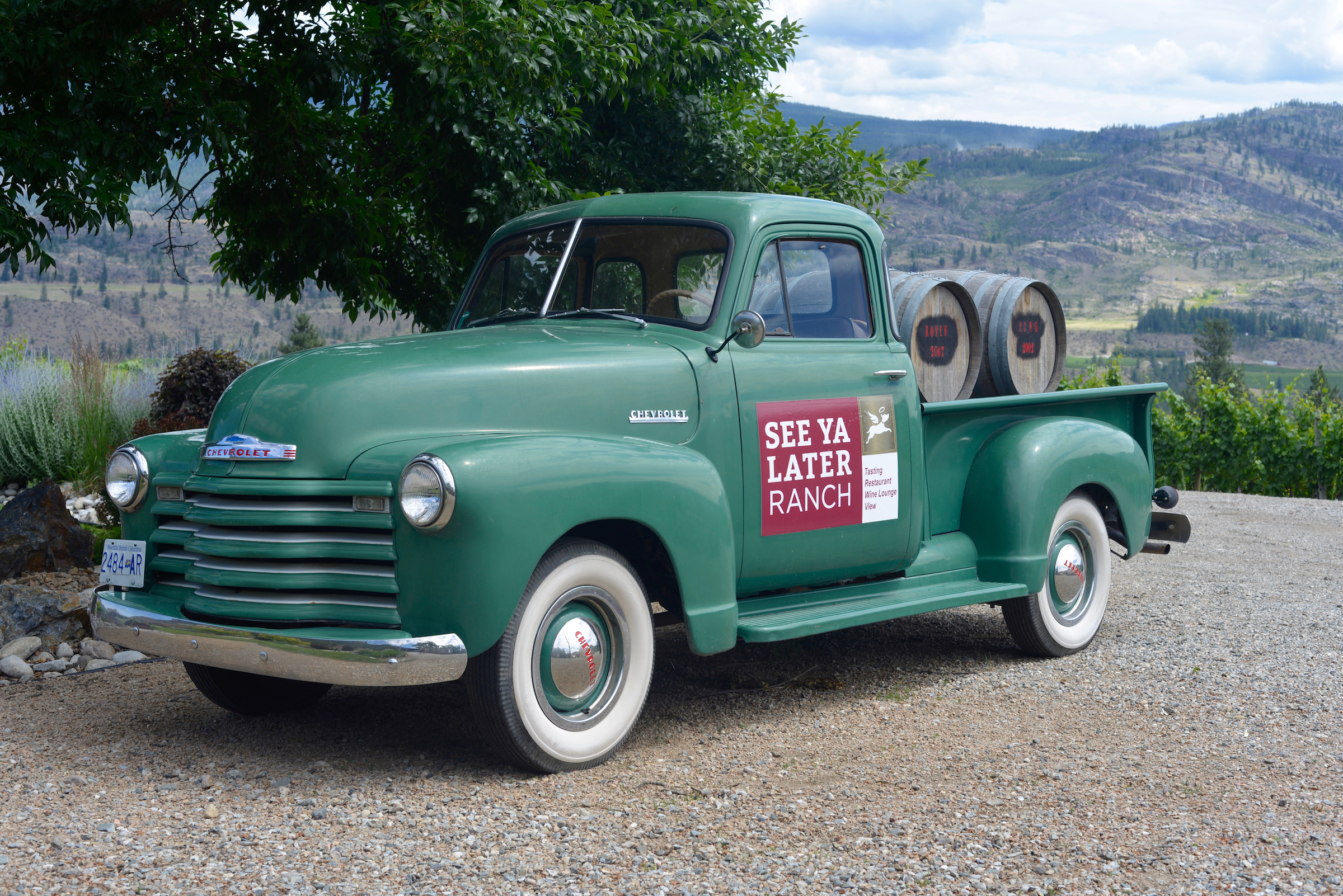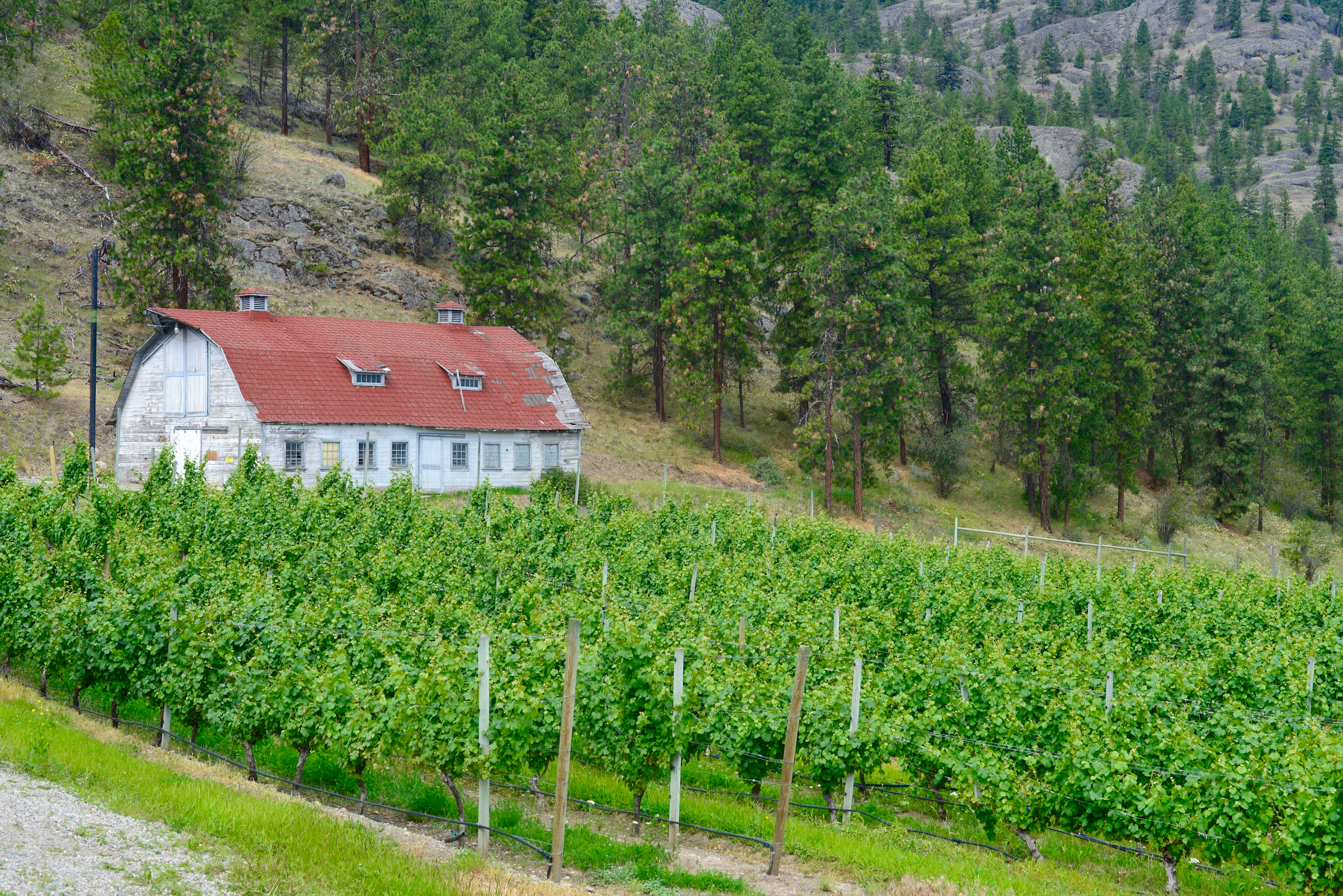“Every object in our lives, however old or new, however apparently humble or simple, holds the stories, thoughts, and courage of thousands of people, some living, most dead – the accumulated “new” of fifty thousand years. Our tools and art are our humanity, our inheritance, and the everlasting legacy of our ancestors. The things we make are the speech of our species: stories of triumph, courage, and creation, of optimism, adaptation, and hope; tales, not of one person here and there but of one people everywhere; written in a common language, not African, American, Asian, or European, but human.”
See Ya Later Ranch /
Trigger Phrases /
The following introductory phrases are all too common in the mouths of our politicians and talking heads. Flashing red lights should go off in our minds whenever we hear them, for we are about to be treated to facile, one-sided generalizations that implicitly demand our consent. Who could possibly be opposed to the "truth" or the "facts"?
- The truth of the matter is ...
- The bottom line is ...
- The reality is ...
- The fact of the matter is ...
We should also be deeply skeptical of sentences that begin with either "Look ..." or "So ..." The former is a sure sign that we are about to be patronized. The latter is either (i) an attempt to make whatever gibberish follows it appear to be the inescapable conclusion to a logical argument; or (ii) a clumsy, though effective, trick to change the subject.
One of my personal favourites is to be told what I, and ALL members of my geographical group, want, as in "Canadians want ..." or "British Columbians want ..." – as if there were no diversity of opinion or desire.
And then there is the combo platitude: "Look, the truth of the matter is that Canadians want ..."
This verbal sleight-of-hand is used equally on both sides of the aisle. We should never find ourselves nodding.
Vancouver's Flowering Trees /





Notes on Becoming a Vegetarian /
Gnocchi with pine nuts and spinach, garnished with Parmesan cheese. Currently my daughter's favourite dish.
The realization that it was both possible and reasonable for me to become a vegetarian surfaced exceedingly slowly in my conscious mind. Though I was deeply moved years ago by Schlosser's Fast Food Nation and Foer's Eating Animals, and had been considering a plant-based diet for over a decade, it wasn't until the beginning of this month that I finally decided it was time for me to stop eating meat.
These are my reasons for becoming a vegetarian:
- Desire for personal health and well-being.
- Concern for animal welfare.
- Concern for the environment.
Specifically, I am a lacto-ovo vegetarian, that is, I do not eat meat, poultry, or fish, but do consume eggs and dairy products. I do not rule out the possibility of either narrowing, or expanding, these restrictions. This is an experiment.
"Becoming" is the operative word. I have come to peace with the realization that my adopting a strictly vegetarian diet is a process rather than an abrupt transition, not because I personally lack discipline, or have an overwhelming desire to eat meat, but because I find it difficult to enforce my restrictions in family and social settings. Therefore, over the last month, I have eaten meat on four occasions; whenever I have been free to choose, or prepare, my own meals, however, I have always eaten plants. I don't consider this a failure, in either practice, or resolve.
I don't feel hungry. I don't lack energy. I haven't lost weight. I don't miss meat. I'm comfortable with my decision and excited about exploring new kinds of taste experiences.
(My becoming a vegetarian has coincided with a return to cycling. I now ride 200-250 km a week. I also run and swim occasionally. It is not a problem for me to satisfy my caloric needs without eating meat.)





